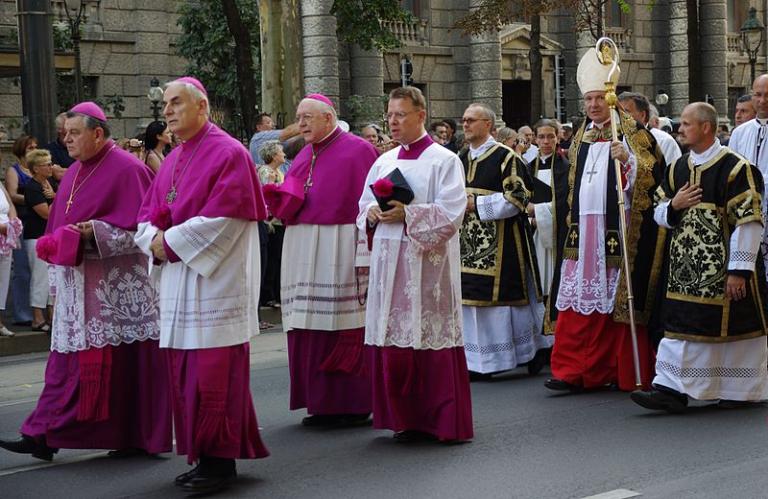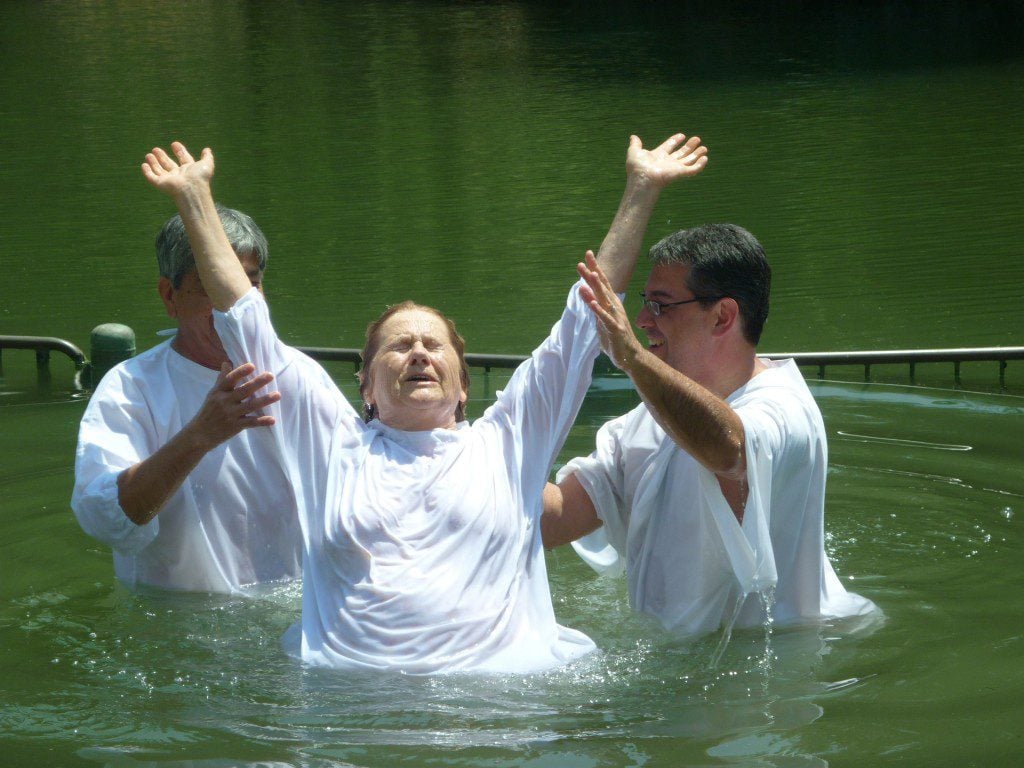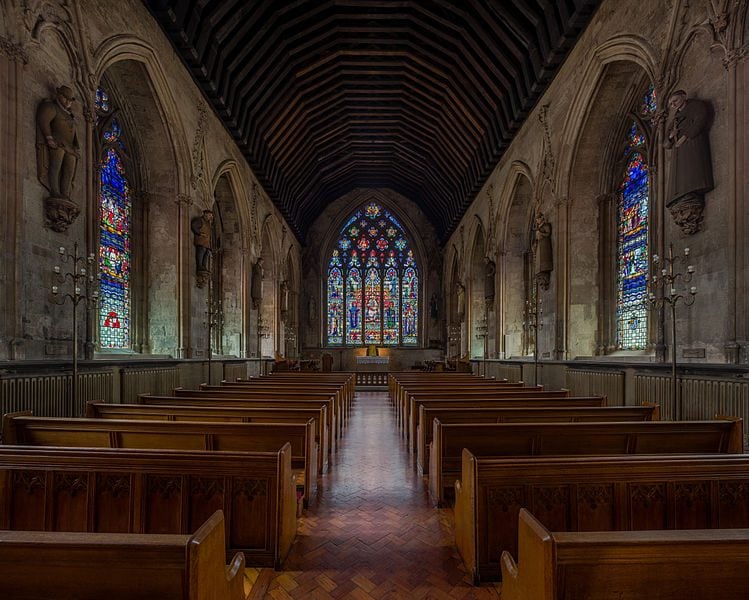
Two items from my twitter feed:
First, The Anchoress, Elizabeth Scalia: “Dear Bishops: Don’t Wait Until November to Take Action.”
Missing from Pope Francis’ letter was any mention of bishops, any recognition that by the inhumane, sometimes criminally negligent responses to the abuses perpetrated by their priests, and by their dishonest cover-ups, some must own a particular and stated blame for the severe wounds inflicted upon the Body of Christ through the destruction of innocence — the very definition of Christ’s own Passion. . . .
But the laity are within their rights to demand thorough confessions and sincere expressions of contrition from their bishops. Many of us are already taking on the heavy work of penitence; we’re praying, fasting, making sacrifices, and we’re wondering of our leadership, “And where are you? What penances are you undertaking, and then, Sirs, what actions will you be taking to excise this vein of corruption, rethink your failing structures, and become the shepherds you are supposed to be?
Scalia makes three concrete proposals:
- First, a nationwide Holy Hour of Repentance with the bishops prominently and visibly leading and demonstrating repentance;
- Second, the shifting of administration away from bishops and to laypeople as much as possible, so that the bishops begin to again see themselves as ministers rather than administrators; and
- Third, the decamping from bishops’ mansions to small apartments, either elsewhere or within a small set of rooms, with the remainder of the building used not for administration and administators’ (or donors’) meetings but for for prayer and gatherings of the people, or for a monastic house of prayer.
Second, a blog that I’ve not seen before, Taylor Marshall, with a proposal I’ve not seen before, but which I’m quite taken with: a call to break up the mega-dioceses. The US, he reports, has 167 dioceses; Italy, smaller in population by a factor of five, has 227. The mega-dioceses of the large American cities, result in the “legal fiction” of auxiliary bishops with titular sees; these bishops are each responsible for a portion of the diocese as a whole, but that means that the archbishop has so many parishes, and so many priests nominally under his supervision, that he cannot really be expected to do any meaningful level of supervision, except indirectly insofar as he may (or may not) supervise the auxiliary bishops.
Would this action in itself have any impact on the problem of sexual abuse (of minors or in situations of imbalance of power) by clergy? I don’t know. And perhaps the creation of the mega-diocese, or the decision not to spit them up as these cities grew larger, had as its intention the desire to create bishops (of New York, of Boston, of Chicago and LA) who had more political influence than bishops of smaller dioceses might have, and perhaps that was important at a time when Catholics felt marginalized and needed protection. But at this point, does it really help Catholics, pastorally, to have “celebrity bishops” whom ordinary Catholics have no connection to other than seeing their faces on the TV news? Is it not better for the auxiliary bishops to become “real” bishops, who the individual parishes have some connection to as “their” bishop?
Such an alternate system, if the diocese were all apportioned to be roughly the same size, would also mean that there wouldn’t be the current process of promoting bishops “up the ranks” from a small diocese to a midsized one to a mega-sized one, with the hope of cardinalhood — and that bishops would no longer be able to hope to rise through the ranks if only they curry the favor of the right people.
Of course, it would be something to get used to — “the diocese of Lake and north-suburban Cook County” doesn’t roll off the tongue. Maybe suburban dioceses would be named after the largest or most noteworthy suburb contained within them. And some might argue that we still need these celebrity bishops as spokesmen who are listened-to by the political power-brokers — though that doesn’t seem to be particularly effective, does it? But it’s a matter of what you’re used to, isn’t it?
Do either of these proposals have any chance of seeing the light of day? Not really. Not enough bishops are really showing that they’re going to take any action other than the usual sorts of commissions and speeches, and right now they’re too busy enjoying the perks of office, if you will, in Dublin. And the bishops at the top, in the “name-brand” dioceses are hardly going to be willing to give up their power and prestige, and the same is presumably likewise true of those bishops who are busily a**-kissing in hopes of succeeding them. But they are both worth thinking about, anyway.
Image: https://commons.wikimedia.org/wiki/File:20110716_Otto_von_Habsburg_funeral_procession_2280.jpg; By Jakub Hałun [GFDL (http://www.gnu.org/copyleft/fdl.html) or CC BY-SA 4.0 (https://creativecommons.org/licenses/by-sa/4.0)], from Wikimedia Commons













